Imagine waking up one day and discovering that your bank account, email, and all your personal data can be “read” like an open book. Sounds like science fiction? But this could be a reality in 10-15 years when quantum computers are powerful enough to “crack” all current security systems.
We live in an era of rapid technological advancement, bringing with it both limitless potential and unprecedented challenges. Quantum computing, once a theoretical concept, is now becoming a reality, promising to revolutionize the way we process information but also creating enormous challenges for global cybersecurity.
When the door lock is no longer secure
The story begins with a groundbreaking study in March 2024. A research team at Tsinghua University in China announced a discovery that shocked the scientific community: Quantum computers can break RSA encryption 20 times easier than previously estimated. The study, published in the prestigious journal Physical Review Letters, showed that instead of needing 20 million qubits as initially predicted, only 1 million qubits are enough to collapse the security system that the world currently relies on.
RSA is the “lock” that protects almost every online transaction today. From online shopping, bank transfers, to work emails, all rely on this algorithm to encrypt information. When this “lock” is broken, the entire digital world will be like a house without a door. Every secret, from personal data to national information, can be exposed.
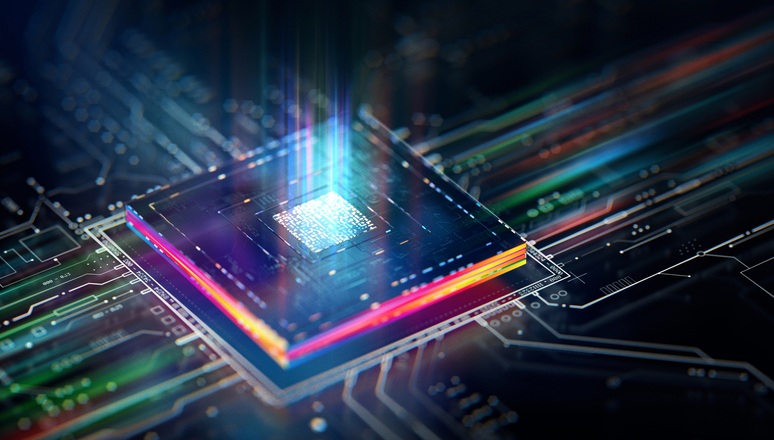
Quantum technology will contribute to changing many factors in human life (Photo: India).
The difference between quantum computers and regular computers lies in the way they process information. Regular computers process data bit by bit, like reading a book word by word. Each bit can only be a 0 or a 1. But quantum computers use “qubits” that can be both a 0 and a 1 at the same time, like reading an entire book at once.
This phenomenon is called “quantum superposition,” a strange property of quantum physics that allows particles to exist in multiple states at once. Thanks to this parallel processing ability, quantum computers can solve some complex problems at speeds that are far superior to today’s most powerful computers. Experts predict that within a decade, quantum computers will be powerful enough to crack the RSA and ECC encryption algorithms that underpin the security of virtually all electronic transactions today.
But the real threat begins today, through what experts call “harvest now, decrypt later.” It’s like bad guys are quietly collecting all your encrypted messages in a giant box, waiting for the day they get the master key to open it. International intelligence agencies and hackers are now collecting vast amounts of encrypted data—from government emails, defense documents, to trade secrets—in the hope that in 10 to 15 years, when quantum computers are developed, they’ll be able to decrypt it all.
The race to save the digital world
While scientists are worried about the “cryptographic apocalypse,” promising solutions have begun to emerge. After eight years of research, the US National Institute of Standards and Technology (NIST) has published the first three encryption standards that are resistant to the destructive power of quantum computers by August 2024. However, converting the entire global security system to these new standards is not simple and will take time.
One of the most advanced solutions today comes from a small Canadian company called Quantum eMotion. The company has just completed its QRNG (Quantum Random Number Generator) quantum security chip and has transferred production to chip giant TSMC in Taiwan. According to the company’s press release in January 2024, this is not only a technical achievement, but also a symbol of the transformation of the global security industry.
The QRNG chip relies on the “quantum tunneling effect,” a physical phenomenon in which particles can “pass” through energy barriers in a completely random and unpredictable way. This is fundamentally different from traditional random number generators, which rely on mathematical algorithms. While any algorithm, no matter how complex, can be cracked with enough computing power, quantum randomness is absolute. Even the most powerful quantum computer cannot predict the outcome, like flipping a coin, but the outcome is determined by the fundamental physical laws of the universe.
What’s impressive about the QRNG chip is its ability to generate more than 1 gigabit per second of truly quantum random numbers. That’s enough speed to meet the real-time encryption needs of most modern applications, from banking transactions to secure communications. The emergence of this technology offers new hope in the fight against the threat posed by quantum computers.
Metrology becomes the new battlefield
Amid concerns about quantum security, the technological competition between the US and China has spread to a seemingly dry but extremely important field: Metrology. In December 2023, China announced its “2030 Action Plan” with the goal of achieving breakthroughs in more than 50 core metrology technologies, with a particular focus on chip manufacturing and quantum-scale metrology.
Metrology, the science of precise measurement, is the foundation of every modern industry. Think of chip manufacturing as building a house. If you measure incorrectly, even by 1mm, the whole house collapses. With modern chips being nanoscale, thousands of times smaller than a virus, precision measurement has become a key factor in determining the success or failure of a production. From nanoscale chip manufacturing to ultra-sensitive quantum devices, everything depends on the ability to measure accurately.
The US response has been equally strong, with the “Chips for America” initiative launching a dedicated metrology program for the semiconductor industry. The race reflects a shared understanding that whoever controls advanced metrology technology will have a decisive advantage in many of the key industries of the future.
Vietnam in the global technology race
The quantum revolution is not a distant vision but a reality already in the making. Experts warn that although a real quantum cryptography crisis may still be 10 to 20 years away, preparations must begin today. The threat posed by quantum computers to current security systems is already undeniable.
The success of Quantum eMotion offers many valuable lessons for Vietnam as the country strives to implement Resolution 57 of the Party on scientific and technological breakthroughs, innovation and digital transformation. Quantum eMotion is not a technology “giant”. It is just a small startup that collaborates with Canadian universities, but they have created a product worth billions of dollars by focusing on a specialized field.

Quantum technology can be applied in many fields (Photo: Shutter Stock).
It is important for Vietnam to realize that it does not necessarily need to have the most advanced semiconductor technology to create high value in the field of quantum technology. With the right strategy, reasonable investment and strong determination, Vietnam can not only ensure future digital security but also build a valuable high-tech industry.
Vietnam has its own advantages to develop in this field. The country has a young workforce with more than 70% of the population using the internet and a good foundation in mathematics and physics, the core skills for quantum technology. The experience of cooperation between Quantum eMotion and Canadian universities shows that the model of combining academic research with commercial product development is the key to success that Vietnam can completely learn and apply.
When Vietnam successfully develops quantum security technology, the positive impact will spread to every aspect of social life. Banking transactions will be absolutely safe, personal data will be protected from international hackers, e-government systems will operate with the highest level of security, and most importantly, thousands of high-quality jobs will be created for the country's young workforce.
Specific action roadmap for Vietnam
Vietnam, a country with more than 70% of its population using the internet and is promoting comprehensive digital transformation, preparing for the post-quantum security era is not just a choice but a mandatory requirement. Initiative 20 in the “Strategic Action Plan to Implement Resolution 57” of the Central Steering Committee for Resolution 57 clearly defines the goal of “Developing and fully mastering Quantum and post-quantum Cryptography technology to ensure national information security at a super-secure level”.
To seize this opportunity, from the experience of other countries, Vietnam needs to immediately deploy a comprehensive strategy on post-quantum security. The first pillar is to build domestic research and development capacity. Vietnam needs to immediately establish Quantum Technology research centers at leading universities such as the Vietnam Academy of Science and Technology, Hanoi National University, Hanoi University of Science and Technology, Ho Chi Minh City University of Technology, etc., in conjunction with high-tech enterprises and startups. The government needs to invest heavily not only in finance but also in policy, creating a favorable environment for breakthrough research. At the same time, there needs to be scholarship programs to attract international experts and cooperate with the world's leading research centers such as MIT, Stanford, Cambridge.
The second pillar is to develop a specialized semiconductor industry ecosystem. The success of Quantum eMotion with 65nm technology shows that Vietnam does not need to compete in the advanced nanotechnology race but can focus on high-value specialized chips. This is an opportunity for Vietnam to build a specialized semiconductor industry, focusing on security chips instead of competing directly with the giants in the general-purpose chip field.

Applying quantum technology is not enough, we also need to pay attention to post-quantum security (Photo: Oxford).
The third pillar is to prepare infrastructure and human resources. Vietnam needs to start training experts in “Post-Quantum Cryptography” right now. This is not something that can be delayed because the phenomenon of “collect now, decrypt later” is happening every day. Important organizations such as the State Bank, the Ministry of Defense, the Ministry of Foreign Affairs, and e-Government agencies need to start the transition roadmap to the new security system early. When delayed, critical data can be “collected” by bad guys, waiting for the day when quantum computers are born to exploit. At the same time, it is necessary to build testing and certification centers to ensure the quality and reliability of quantum technology products.
The final pillar is to develop a legal framework and national standards. Vietnam has the opportunity to become a pioneer in the region in quantum security standards. This will not only create a competitive advantage but also give Vietnam a voice in shaping international standards. It is necessary to develop cybersecurity regulations for the quantum era and strengthen international cooperation in developing standards.
Huge opportunities lie ahead on many fronts.
According to the “Global Quantum Random Number Generator Market” report by Research and Markets in 2024, the global QRNG market is expected to grow at a compound annual growth rate of 35%, reaching a value of 1.9 billion USD by 2030. This is a golden opportunity for Vietnam to not only catch up but also take the lead in a new specialized technology segment.
With the right strategy, Vietnam can build a specialized semiconductor industry focusing on security chips, without having to compete directly with the giants in the general-purpose chip field, while contributing to ensuring national digital security in the current era of global digital transformation.
Success in this field will not only bring huge economic benefits. In addition to creating thousands of high-quality jobs, Vietnam can also become a hub for exporting quantum security technology to the ASEAN region and Asia. This will not only contribute to GDP but also enhance Vietnam's position on the global technology map.
The quantum revolution is not a distant future, it is happening today. Countries with foresight and decisive action today will be the winners in the quantum technology race. Vietnam has the full potential to become a pioneer in the region, building a specialized semiconductor industry that both ensures national security and creates high economic value.
As the famous physicist Niels Bohr once said: “Prediction is very difficult, especially about the future”. But one thing is certain: quantum technology will change the world. Therefore, Vietnam needs to prepare to not only adapt well but also lead this change. Time waits for no one, and opportunities only come to those who are ready to seize them.
Source: https://dantri.com.vn/cong-nghe/cong-nghe-luong-tu-thach-thuc-va-co-hoi-cho-viet-nam-20250619153925740.htm


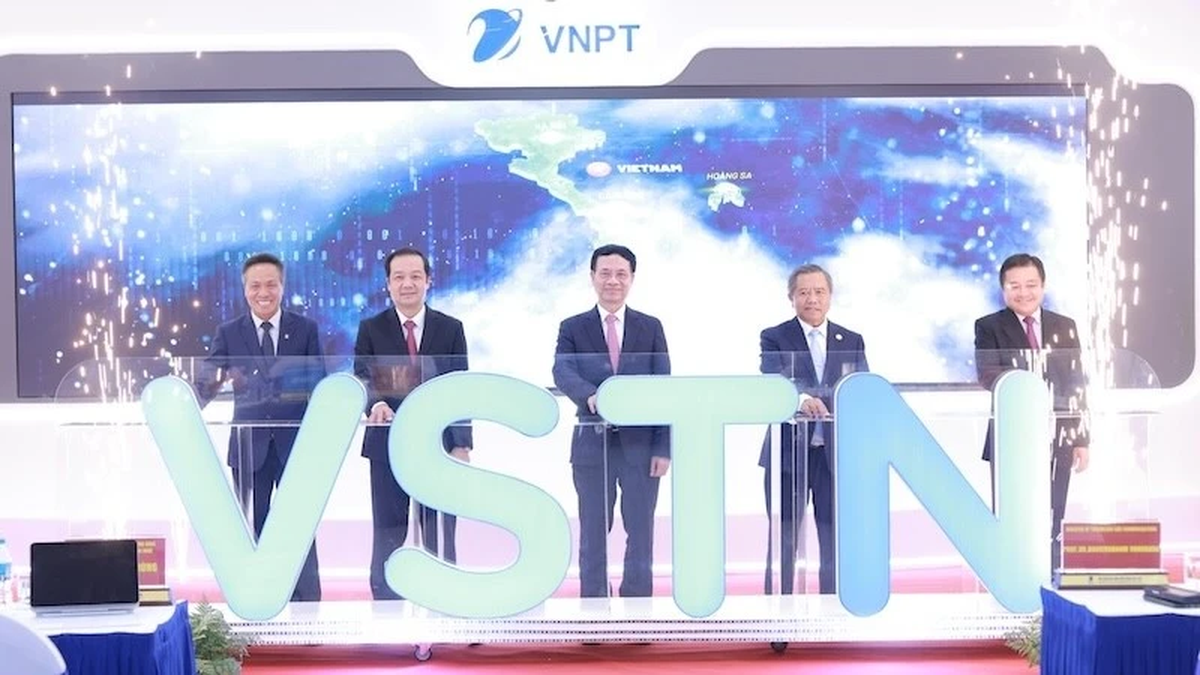
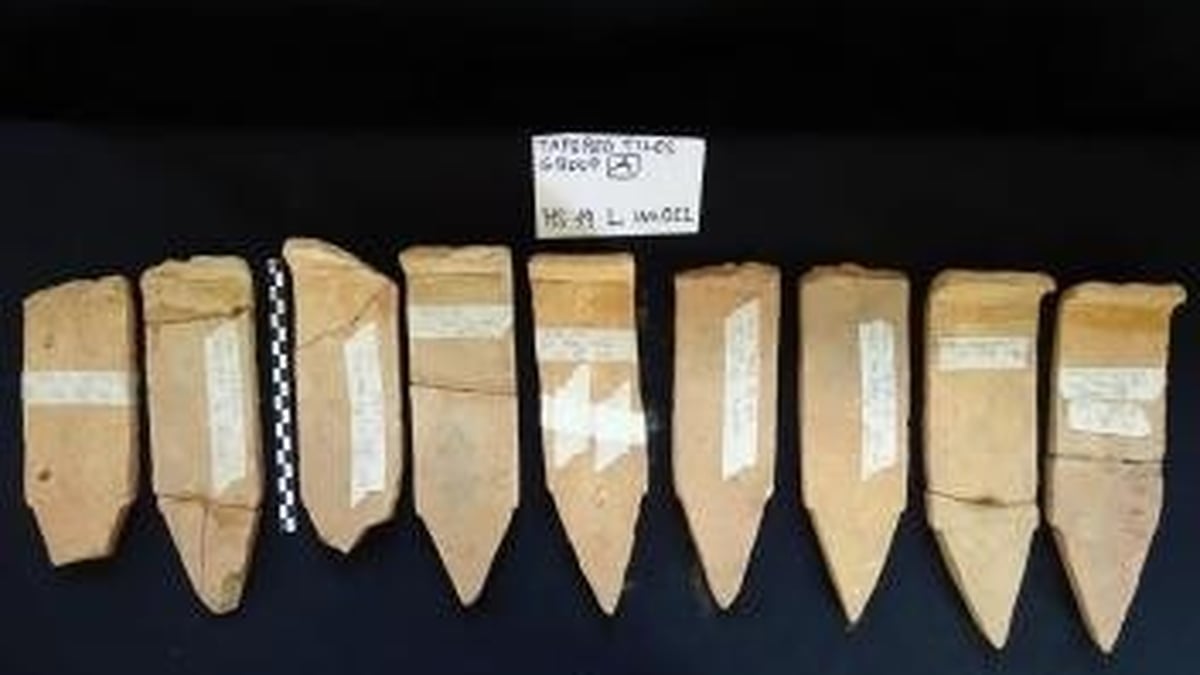

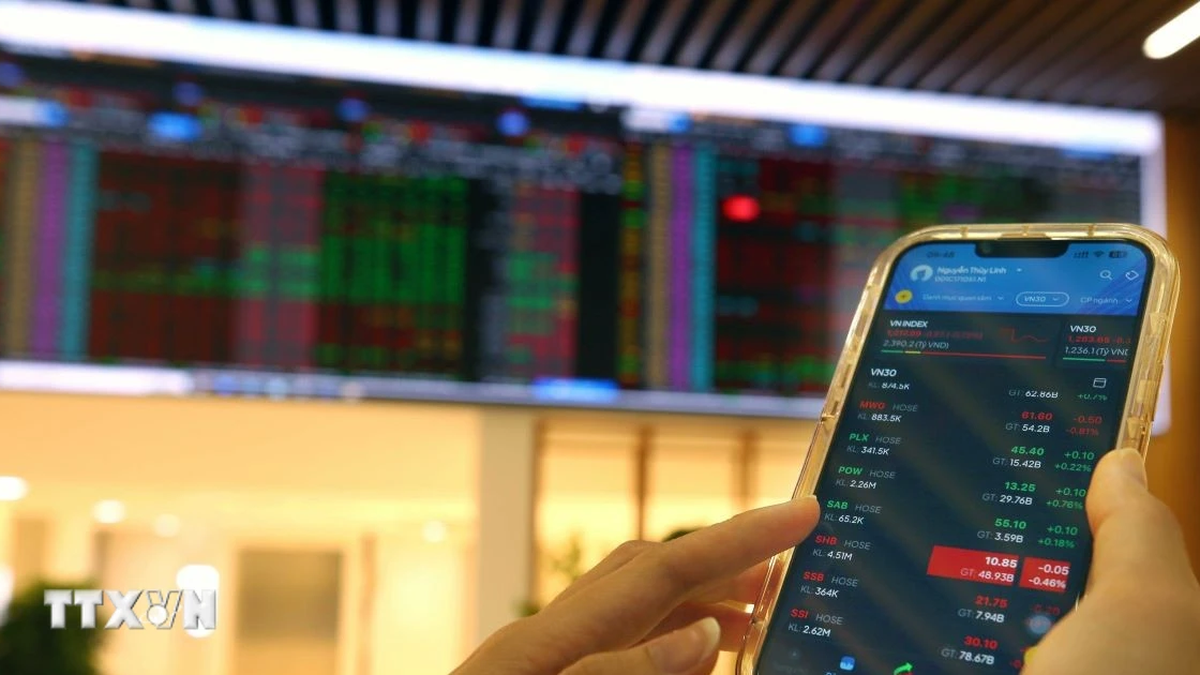
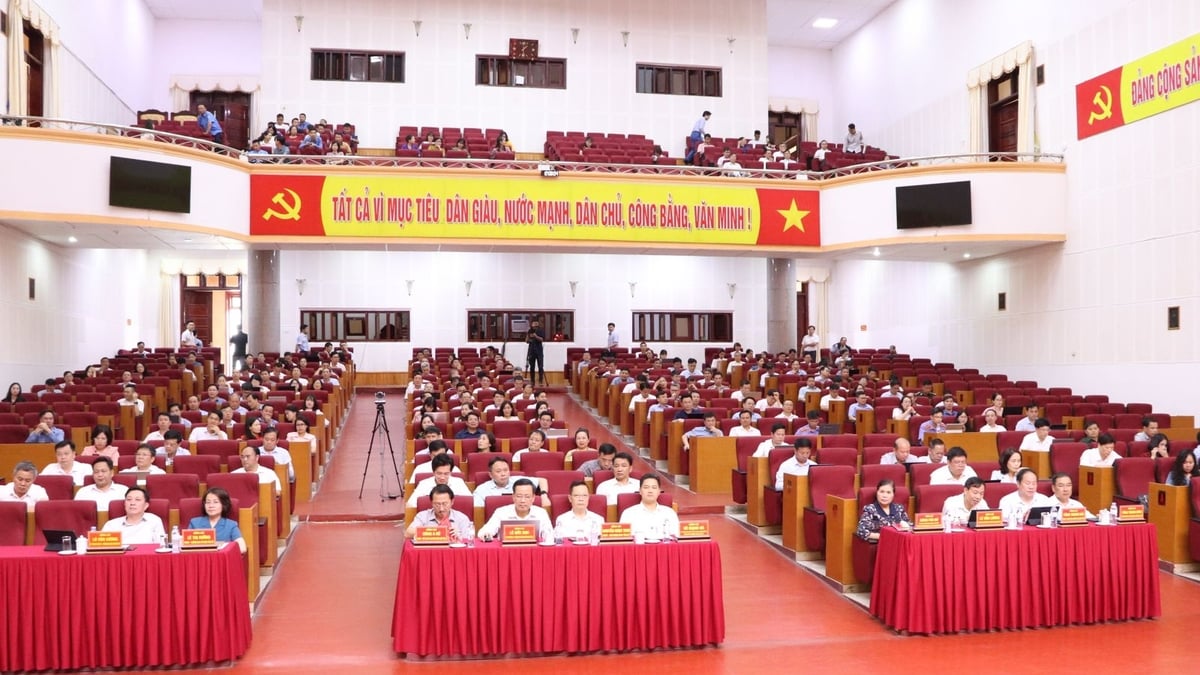
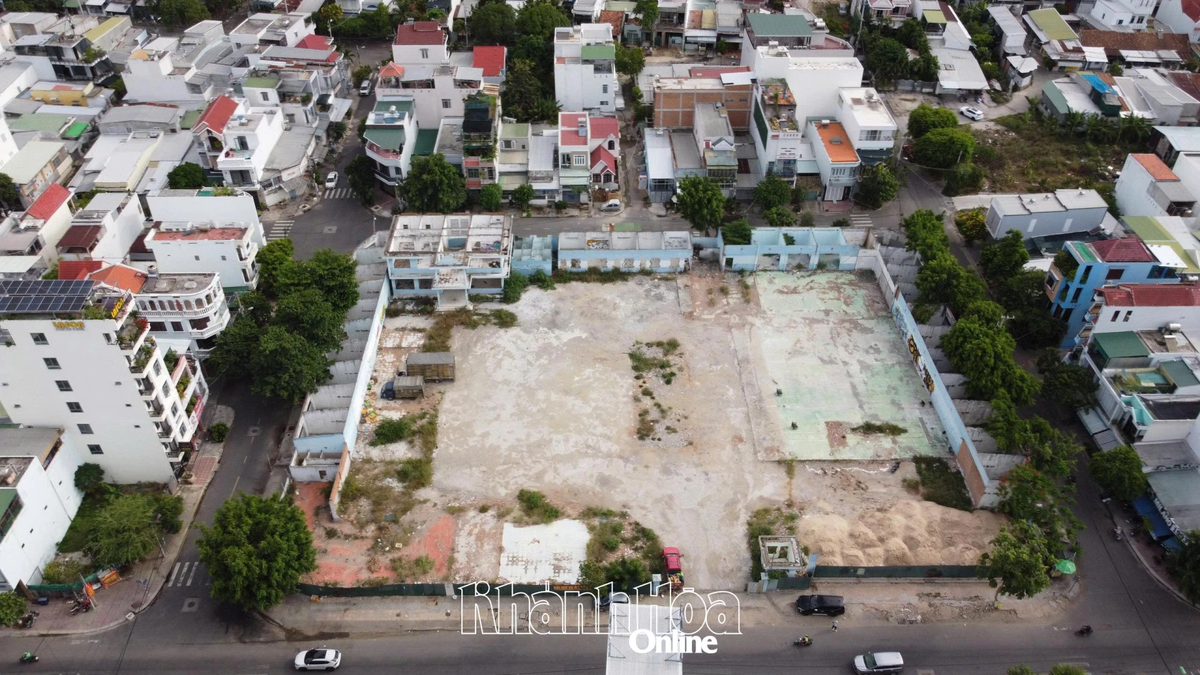
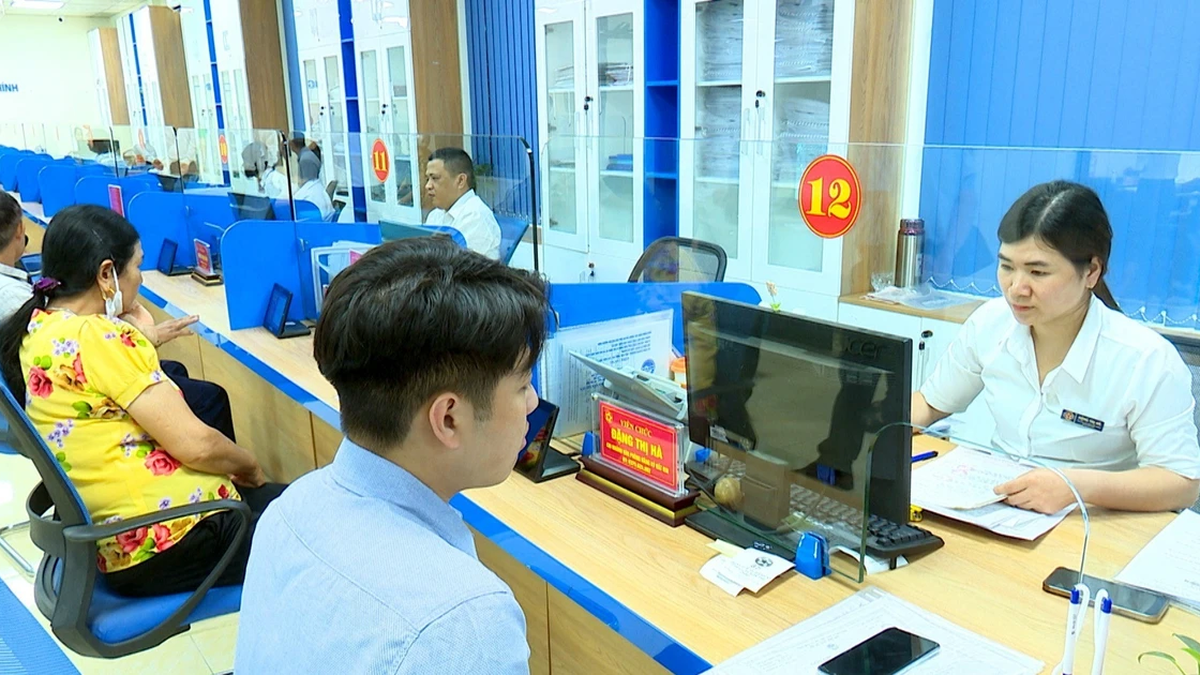













































![[Maritime News] Two Evergreen ships in a row: More than 50 containers fell into the sea](https://vphoto.vietnam.vn/thumb/402x226/vietnam/resource/IMAGE/2025/8/4/7c4aab5ced9d4b0e893092ffc2be8327)

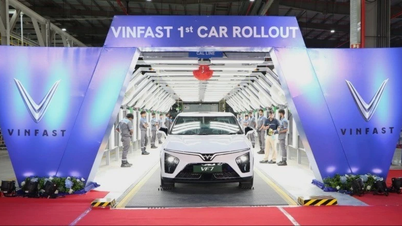






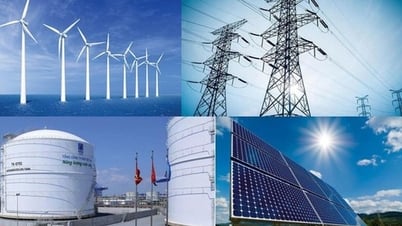












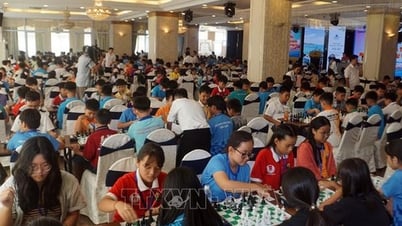






















Comment (0)